Top 10 Ecommerce Platforms in the World 2025
By ICON TEAM | Published on May 09, 2025
List Of Top 10 Ecommerce Platforms in the World 2025:
Selecting the best platform to run your online business is more important than ever as the e-commerce industry changes. By 2026, it's expected that worldwide e-commerce sales will surpass $8 trillion, so companies need scalable, reliable, and easy-to-use solutions to remain competitive. The best e-commerce platforms of 2025 combine cutting-edge functionality, smooth interfaces, and adaptability to serve companies of all sizes. In order to assist you in making an informed choice, this article examines the top 10 e-commerce platforms for 2025, emphasising their main advantages and best applications.
1. Shopify:
With more than 4.4 million websites powered by Shopify worldwide and a 28% market share in the US, it continues to be the clear leader in e-commerce. It is a favourite among both novices and well-established firms due to its user-friendly drag-and-drop builder, vast app store with over 6,000 integrations, and integrated payment processing via Shopify Payments. Businesses may use Shopify's POS system to sell in-person, on marketplaces, and on social media thanks to its multi-channel selling features. Shopify's scalability and round-the-clock assistance make it the perfect choice for small to medium-sized enterprises seeking to expand quickly, even though its monthly subscriptions can be expensive and customisation may necessitate coding for more complex demands.
2. WooCommerce:
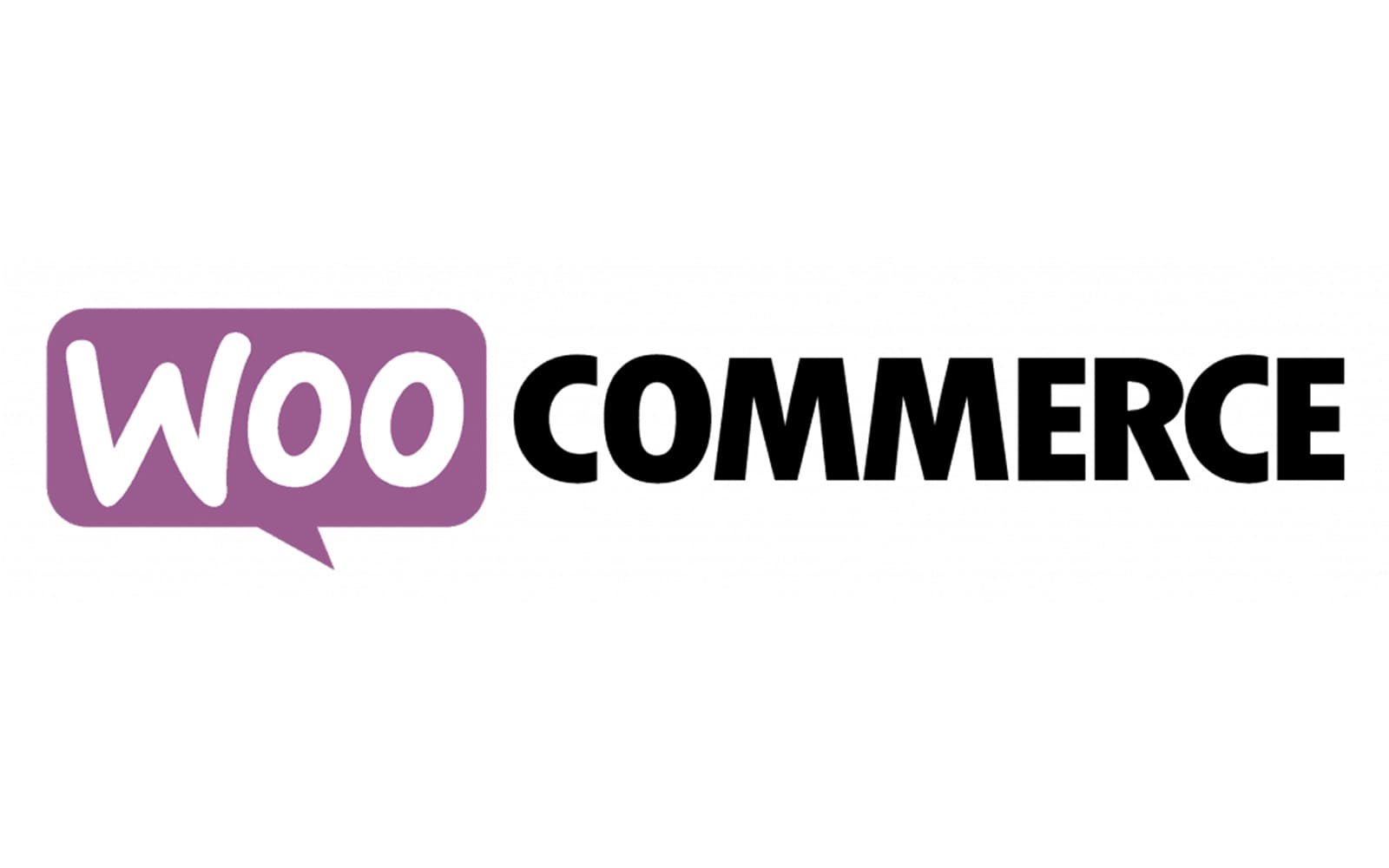
For individuals who appreciate customisation, WooCommerce, a free open-source WordPress plugin, is a powerful tool. It powers more than 1.7 million websites and holds a 17.4% market share in the US. Businesses may customise their stores to meet individual demands, from sophisticated SEO to distinctive payment systems, thanks to its extensive library of plugins and themes. Nevertheless, WooCommerce necessitates hosting, which may cost anywhere from $5 to $50 each month, and its challenging learning curve might put off novices. It works best for companies with technological know-how or content-driven brands who desire complete control over the layout and operation of their store.
3. BigCommerce:
BigCommerce, a powerful SaaS platform with zero transaction costs and flexibility, is a great option for companies who value cost effectiveness. For B2B and B2C firms aiming to grow internationally, it provides multi-channel selling capabilities, strong APIs, and international currency possibilities. BigCommerce's enterprise-level capabilities, such as intricate product listings and no product limits, make it ideal for mid-sized to large businesses, even though its loading speed may be slower than those of its rivals. Plans that accommodate different business sizes range from $29 to $299 per month.
4. Wix eCommerce:
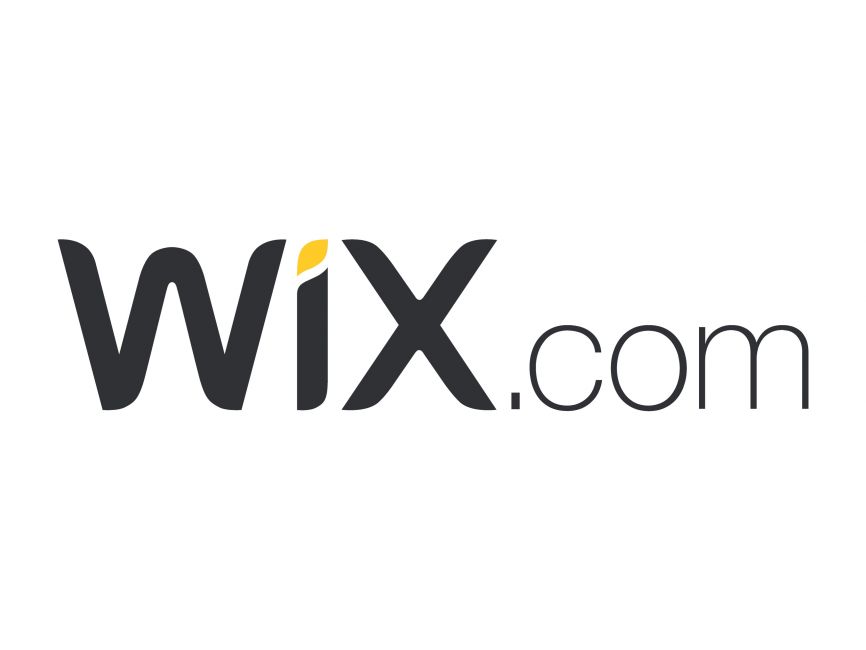
Wix eCommerce is a popular choice for creatives and small enterprises due to its visually appealing templates and ease of use. Users can construct professional shopfronts without knowing any code thanks to its drag-and-drop builder, AI-powered website setup, and native mobile app compatibility. Compared to open-source platforms, Wix offers less customisation choices, but it does support multi-channel selling via social media and marketplaces. Wix is a cost-effective option for startups or companies that prioritise simplicity and design, with options starting at $17 per month.
5. Squarespace:

Squarespace is well-known for its elegant, mobile-friendly designs and intuitive user interface, which makes it a favourite among firms with a strong visual component, such as sellers of clothing and home furnishings. Built-in SEO, site hosting, and email marketing tools are included in its e-commerce options, which start at $16 per month. However, compared to rivals like Shopify or WooCommerce, Squarespace offers less customisation options, and thus might not be appropriate for large-scale businesses. It's perfect for solopreneurs or small enterprises that value simplicity and beauty over intricate functionality.
6. Magento (Adobe Commerce):
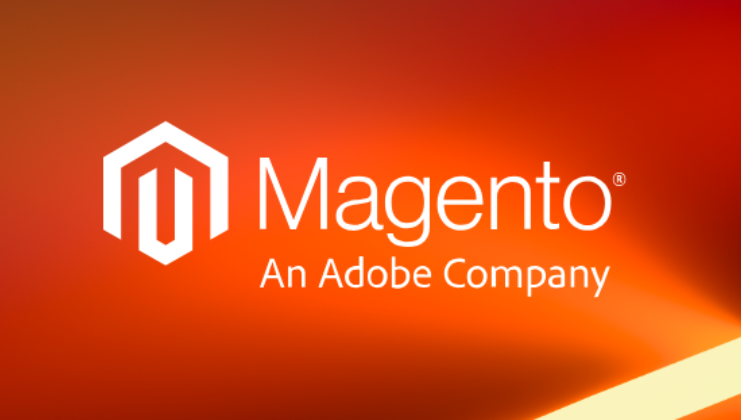
A high-end option for complicated enterprise-level firms is Magento, which is now Adobe Commerce. Large product catalogues, high transaction volumes, and customised shopping experiences are all supported by its adaptable foundation. For multinational companies like Coca-Cola or Land Rover, Magento is ideal because of its strong security and integrated SEO capabilities. However, smaller enterprises find it less accessible due to its expensive cost (beginning at $22,000 per year) and technological complexity. Large businesses with specialised development teams are the ideal candidates for Magento.
7. Ecwid:
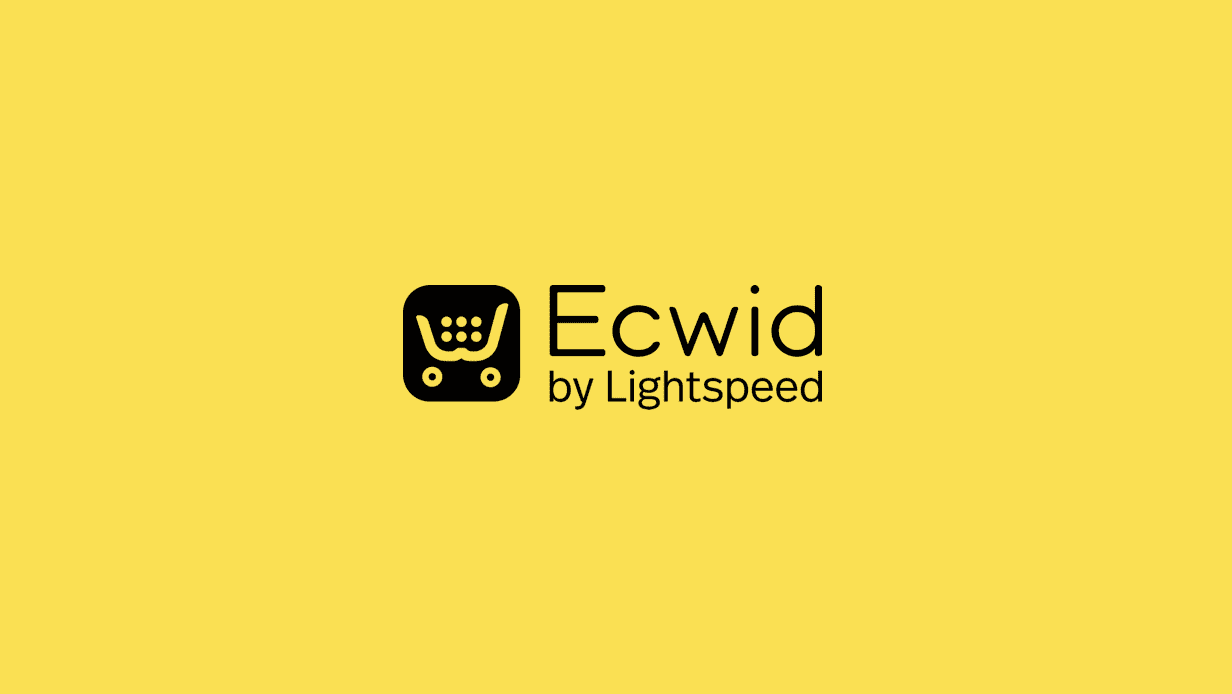
Ecwid is a fantastic substitute for WooCommerce for WordPress users since it is a flexible platform that is excellent at integrating e-commerce features into pre-existing websites. With plans starting at $5 per month, it provides quick site builders, free design themes, and no transaction costs. Ecwid is appropriate for small businesses wishing to sell through a variety of channels due to its integration capabilities with social media and marketplaces. Its limited digital marketing tools and product limitations on lower-tier subscriptions, however, might hamper the expansion of larger retailers.
8. PrestaShop:
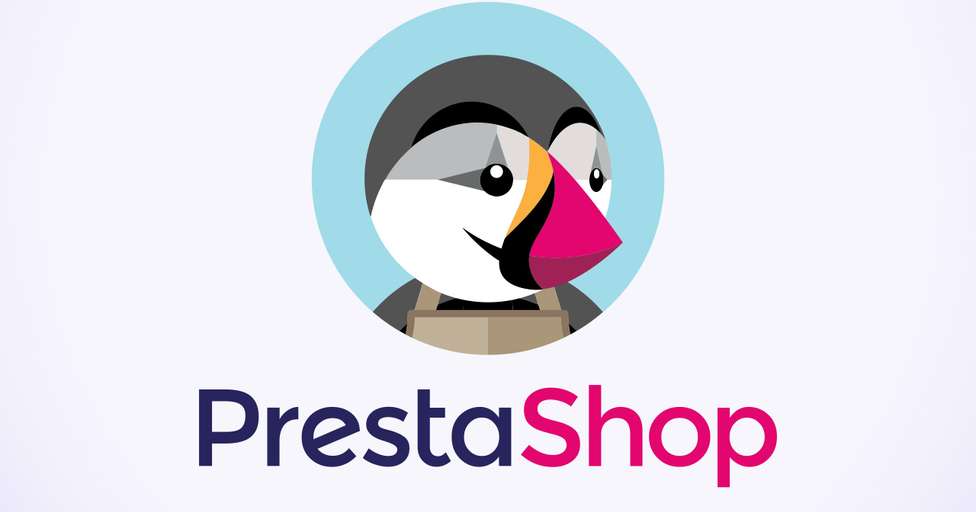
Specifically created for e-commerce, PrestaShop is an open-source platform that provides a free framework that companies can modify without incurring license costs. It is perfect for international sellers because of its integrated capabilities that make managing products easier and support a variety of currencies. PrestaShop necessitates technical know-how, though, and extra expenses for hosting and premium modules can mount up. Being well-known among popular websites, it's a good option for mid-sized companies that feel at ease with customisation and self-hosting.
9. Shift4Shop:

With no transaction fees and excellent security features like data backups and privacy protection, Shift4Shop is a dependable and reasonably priced choice for small enterprises. Although its plans come with integrated email marketing and SEO tools, the less expensive ones offer fewer products and weaker digital marketing features. Shift4Shop is a wonderful option for small retailers who want to create an online presence without going over budget because of its inexpensive starting price and ease of usage.
10. Weebly (Square Online):
Weebly is a straightforward e-commerce builder that is perfect for small enterprises or those combining online and in-person sales. It is currently a part of Square Online. Basic functionality is available with its free plan, but subscription options with no product limits begin at $10 per month. Although Weebly's integrated marketing tools and tax calculators are easy to use, its themes could seem outdated, and there isn't much room for customisation. For retailers who have physical locations or are looking for an affordable, simple solution, it's a fantastic option.
Comments 0